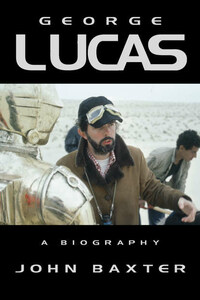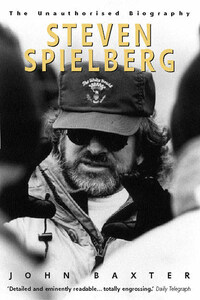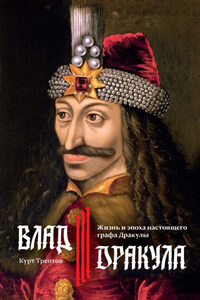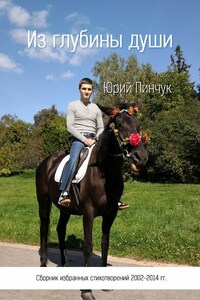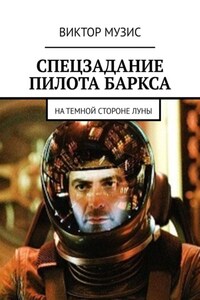The Man in the Panama Hat (years older now) removes the Cross of Coronado from Indyâs belt.
PANAMA HAT: This is the second time Iâve had to reclaim my property from you.
INDY: That belongs in a museum.
PANAMA HAT: So do you.
From Indiana Jones and the Last Crusade. Screenplay by Jeffrey Boam, from a story by Menno Meyjes and George Lucas
As he neared his sixtieth year, George Lucas sat in the shade on the red-brick patio of his home at Skywalker Ranch in Northern California and thought about destiny.
Almost without realizing it, he had become a legend â a man larger than life, magnified by his achievements, but dwarfed by them too. Over forty years, head down, brow furrowed, working every day and most of every night, ignoring discomfort and ill-health, banishing every distraction to the edge of his vision, he had created something remarkable. An empire. A fortune. A myth.
He was not a myth to himself. Only a megalomaniac takes his legend at face value. A sense of his ordinariness was part of the reason heâd succeeded. At first, the awe of his acolytes had puzzled him. Then heâd been amused, but irritated too; heâd been brought up to scorn self-advertisement and conceit.
But as one ages, adulation rests more comfortably on the shoulders. Occasionally, these days, he surrendered to the belief that perhaps he could really achieve anything on which he fixed his energy and instinct.
Other men, less able, less driven than he, paused before embarking on a project, and sometimes wondered, âWhy am I doing this? What will be its effects, on me and on others?â They pondered, worried, took advice.
In the beginning, Lucas had sometimes done that, but not lately. Myths donât hesitate.
There was something presidential, even a touch imperial, in his certainty. Though it wasnât something he confided to many people, he knew history. Heâd read of Julius Caesar looking out on his empire and proclaiming, âI came, I saw, I conquered.â He knew of Napoleon as a young officer surveying a world disordered by revolution and being seized by a vision of mankind united under a single rational mind. Above all, he understood Alexander the Great pausing at the end of his last campaign and weeping because there were no new worlds to conquer.
Yet he, a man less favored in his birth, less wealthy, less powerful, less educated, had achieved more than any of these men. Heâd conquered not only this world, but other worlds besides. He was, in his way, master of the universe.
Or so his admirers said.
Was it true? He looked around for somebody to ask, and found only the smiling, alert faces of people anxious to do whatever he ordered, agree with whatever he said, set to work on anything he planned.
A legend is always alone.
On 4 July 1980, while Skywalker Ranch was still scrub and pasture, Lucas hosted his first cook-out on the site. There had been nothing much here in those days: just scrub, some cows, and a few deer which had become over the years the main reason for any stranger venturing this far north in Marin County. The spot where the grills were set up had once been occupied by banks of refrigerators to preserve the carcasses of game slaughtered by hunters.
Twenty-five years of construction and landscaping had transformed the old Bulltail Ranch. Anybody driving up from San Francisco along Route 101 and turning onto Lucas Valley Road at the exit marked âNicasioâ found themselves passing through an expensive housing development, then twisting through an idyllic landscape of rivers and waterfalls. Discreetly, a shining wire fence paralleled the road, just out of sight in the woods. Signs every few yards warned that the fence was electrified â to keep in the deer and other livestock that roamed the estate, explained the custodians of the ranch, though everyone knew of Georgeâs nervousness about strangers, and his fears of kidnap.
After eight miles, a sign so undemonstrative that you might well miss it unless you were looking led to a side road that wound through tall redwoods to a guardhouse. Security staff checked the visitorsâ credentials against a list of people deemed
